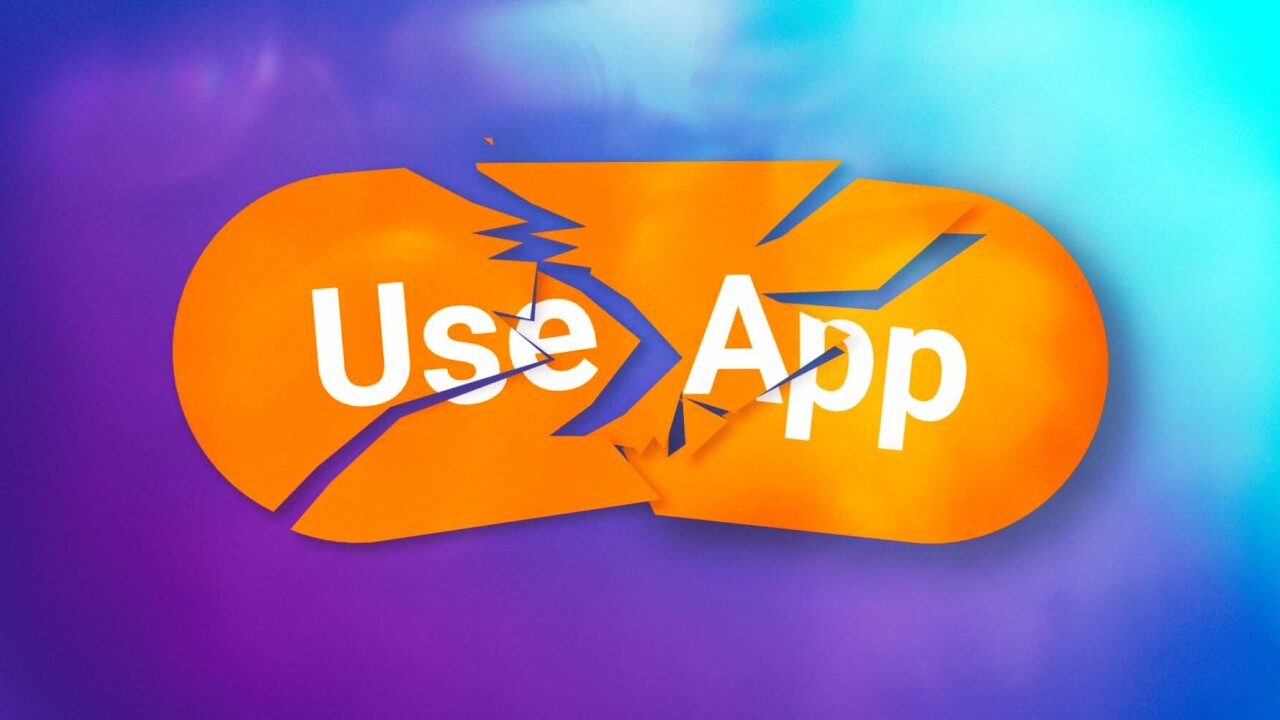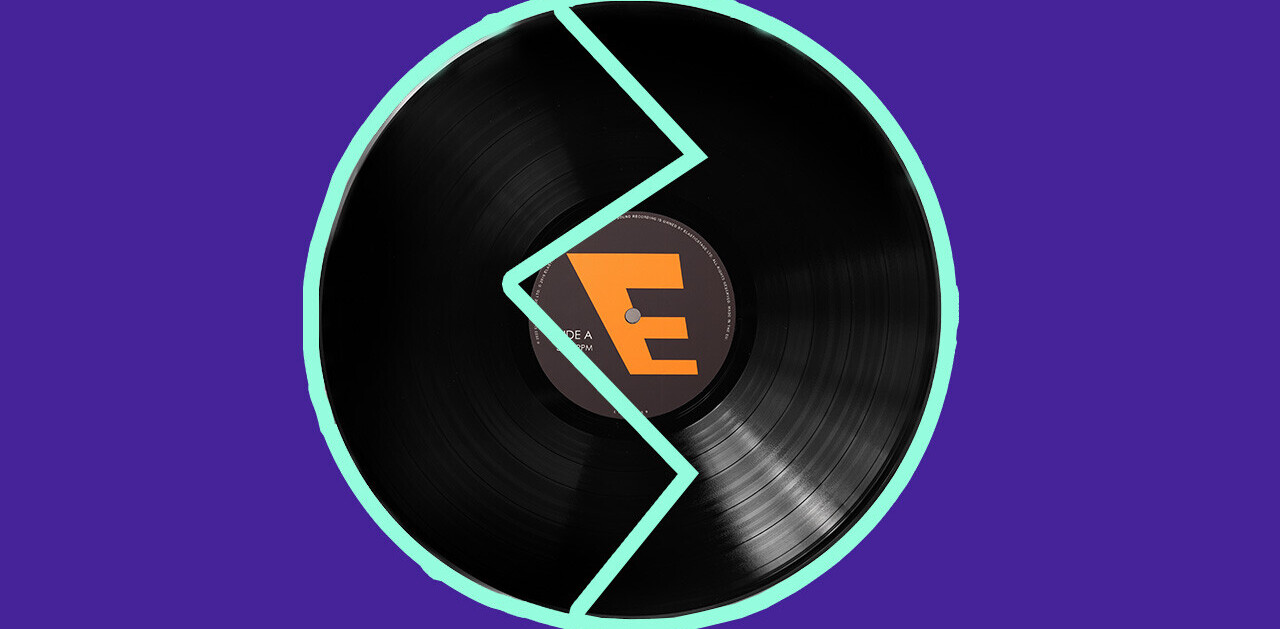
Dear *insert website name,*
Please stop asking me to your mobile app. I don’t want want to use it. I don’t care if you think your app is the bee’s knees. If I wanted to use your app, I’d go to the app store and download said app. But I didn’t do that. Instead, I’m writing this article to state the obvious.
I prefer to access your service within the comfort of a browser, thank-you-very-much.
It’s fine to tell me to download your app the first time I visit your page, or even send me a reminder now and then. You have to let people know your app exists, sure. But constant reminders, massive banners, and flat-out preventing me from using basic features on your mobile site — looking at you, Reddit — is just hostile.
I get it. You paid developers a lot of money to create an app for the smoothest native software experience. It probably lets you implement fancier features that are hard to incorporate on a website. But I still don’t want to use it.
Here’s the thing: a native app offers the best experience for your brand, but it’s not the best experience for using my phone. Guess which experience I care about more.
Besides, sometimes using a browser is just better. The modern browser is basically an operating system within an operating system, and the in-app experience is rarely worth it over the convenience of just visiting a website. Worse, native apps are often plagued with frustrating limitations compared to their web equivalents. To list some common ones off the top of my head:
- I can’t open links/pages in new tabs
- I can’t open multiple instances of an app for multi-tasking or research
- Apps often introduce unexpected bugs with updates that are rare to see on a mobile site
- I can’t bookmark content for easy retrieval
- Even if I can bookmark things, I can’t organize bookmarks alongside content from other services
- It takes longer to open an app than to simply type a URL or open a bookmark when I’m already in a browser
- I often can’t copy and paste text from apps without clumsy workarounds
- I often can’t easily save images
- More apps clutter my phone’s launcher
- I can’t see my history
- Navigation and UI behaviors are often more consistent in a browser (I know exactly where the back gesture is going to take me, for instance)
- Apps require extra storage
- Apps often request unnecessary permissions
- Apps will often bombard my phone with notifications I didn’t ask for. Even if I can disable them, it’s annoying
That’s a lot to deal with if I’m just trying to read comments on a stupid meme or watch a cute animal video.
There’s a reason people tend to do so many things from a browser on their PCs — it’s just more convenient. There may have been a time when using a native app was unequivocally superior, but unless said app requires a good deal of processing horsepower or fancy code for its most basic functionality, chances are I’d rather use it from a browser.
I repeat: if I wanted to use your app, I’d already have downloaded it. Even when I do download an app, I still don’t want to use it all the time. Annoying your users into submission isn’t good design.
So, pretty please, stop pestering me.
Sincerely,
Everyone, presumably.
Get the TNW newsletter
Get the most important tech news in your inbox each week.





